Reducing exposure to bisphenol A (BPA)
4.7 (616) In stock
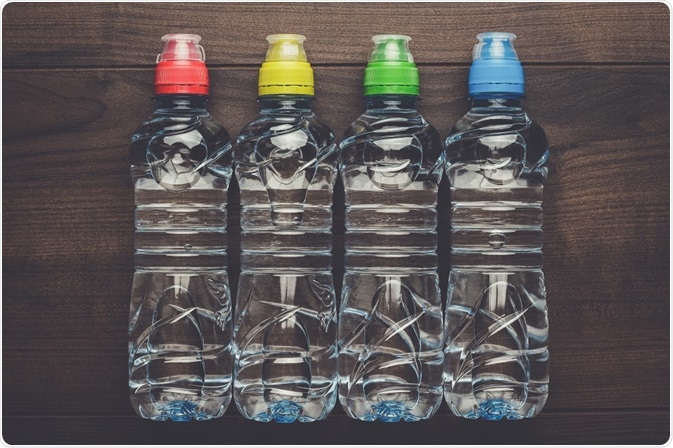
Bisphenol A (BPA) is an inorganic compound used in the production of polycarbonate (PC) plastics and epoxy resins. PC plastics are hard and are used in manufacturing baby bottles, reusable water bottles, food containers, tableware, and other storage containers. Epoxy resins are coated on the inner linings of metal containers such as food cans, bottle tops, and water supply tubing, in order to prevent corrosion of the metal leading to contamination of the stored food products.

Bisphenol A exposure pathways in early childhood: Reviewing the need for improved risk assessment models

Bisphenol A Anses - Agence nationale de sécurité sanitaire de l'alimentation, de l'environnement et du travail
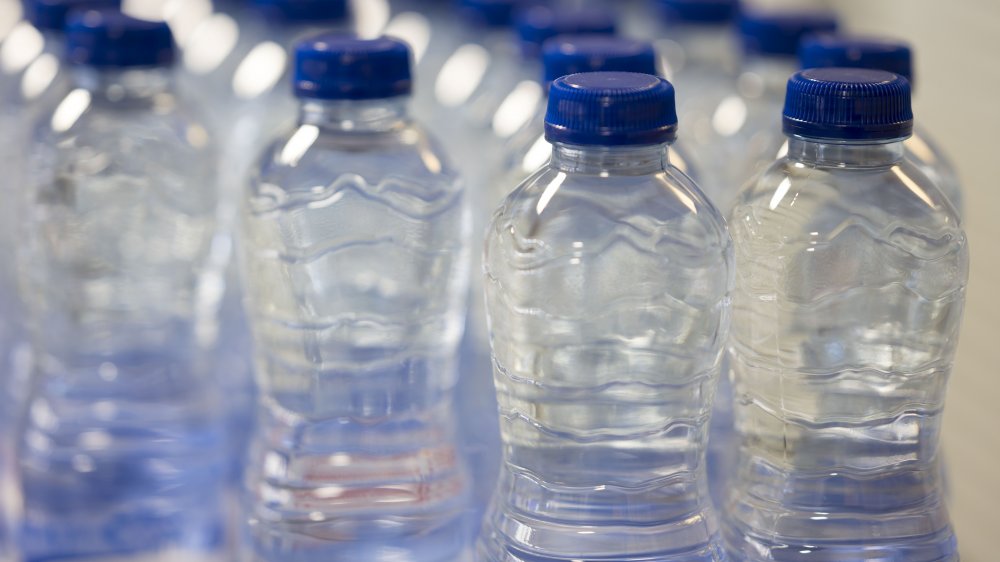
Browse From huge selection Here Can Freezing Plastic Water Bottles

Bisphenol A: Hazards and sources

Minimize BPA Exposure - Dimensions of Dental Hygiene
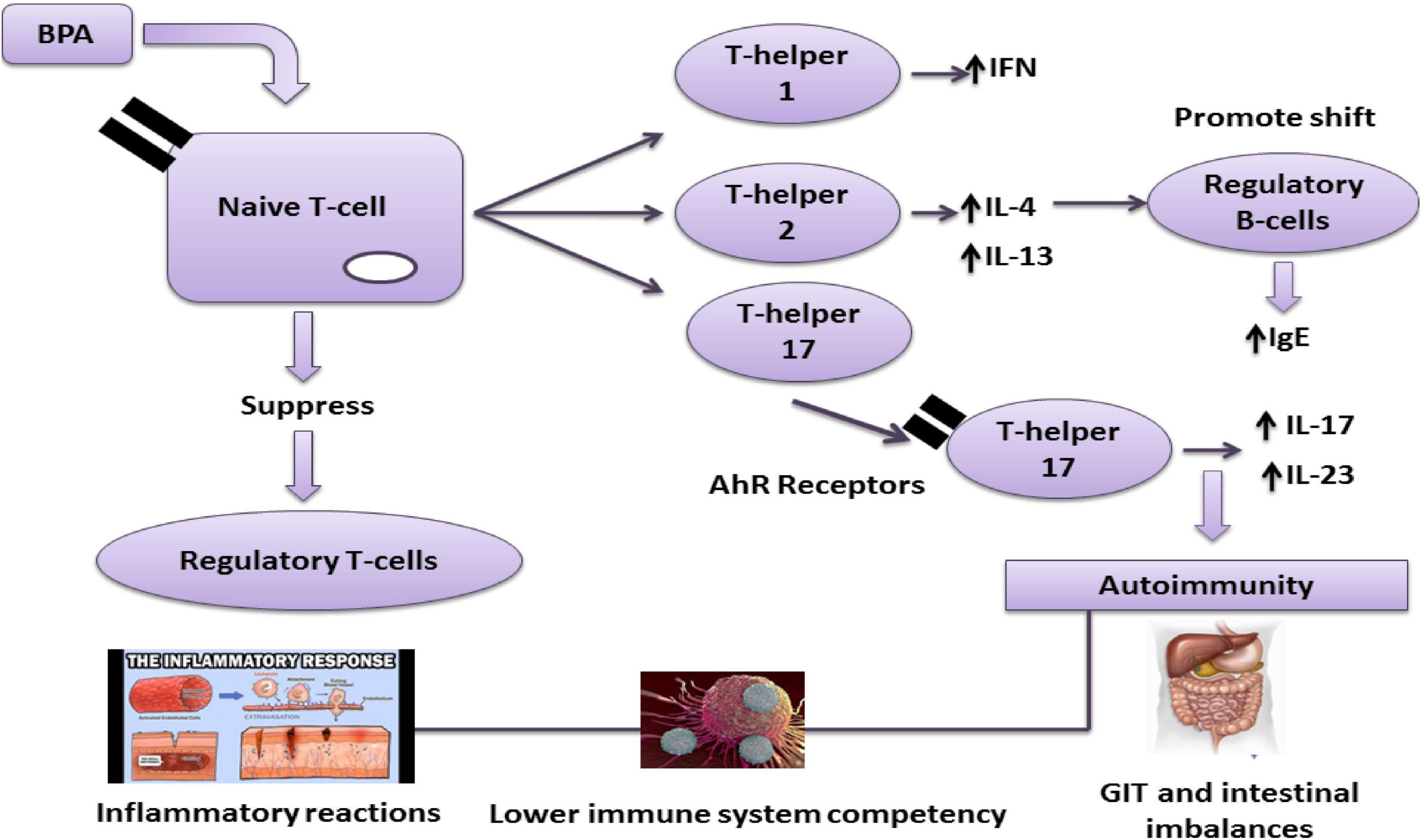
Frontiers An insight into bisphenol A, food exposure and its adverse effects on health: A review
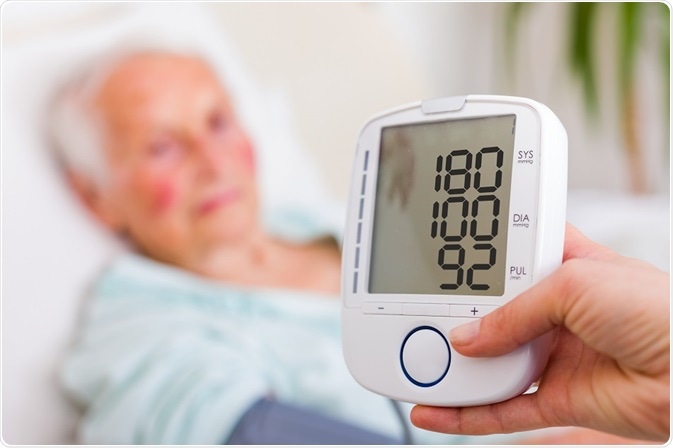
Link between Bisphenol A and Increase in Blood Pressure
:max_bytes(150000):strip_icc()/GettyImages-1294028050-10800a38f5c14093b048416a0124f2e4.jpg)
10 Easy Ways to Reduce Your Exposure to BPA at Home

Toxic Chemicals All Around Us: The Fight for Real Reform

Bisphenol A (BPA) impacts rat offspring more seriously than mothers

What Is Bisphenol A (BPA) & How To Reduce Exposure To It? – Dr.Berg

Browse From huge selection Here Can Freezing Plastic Water Bottles
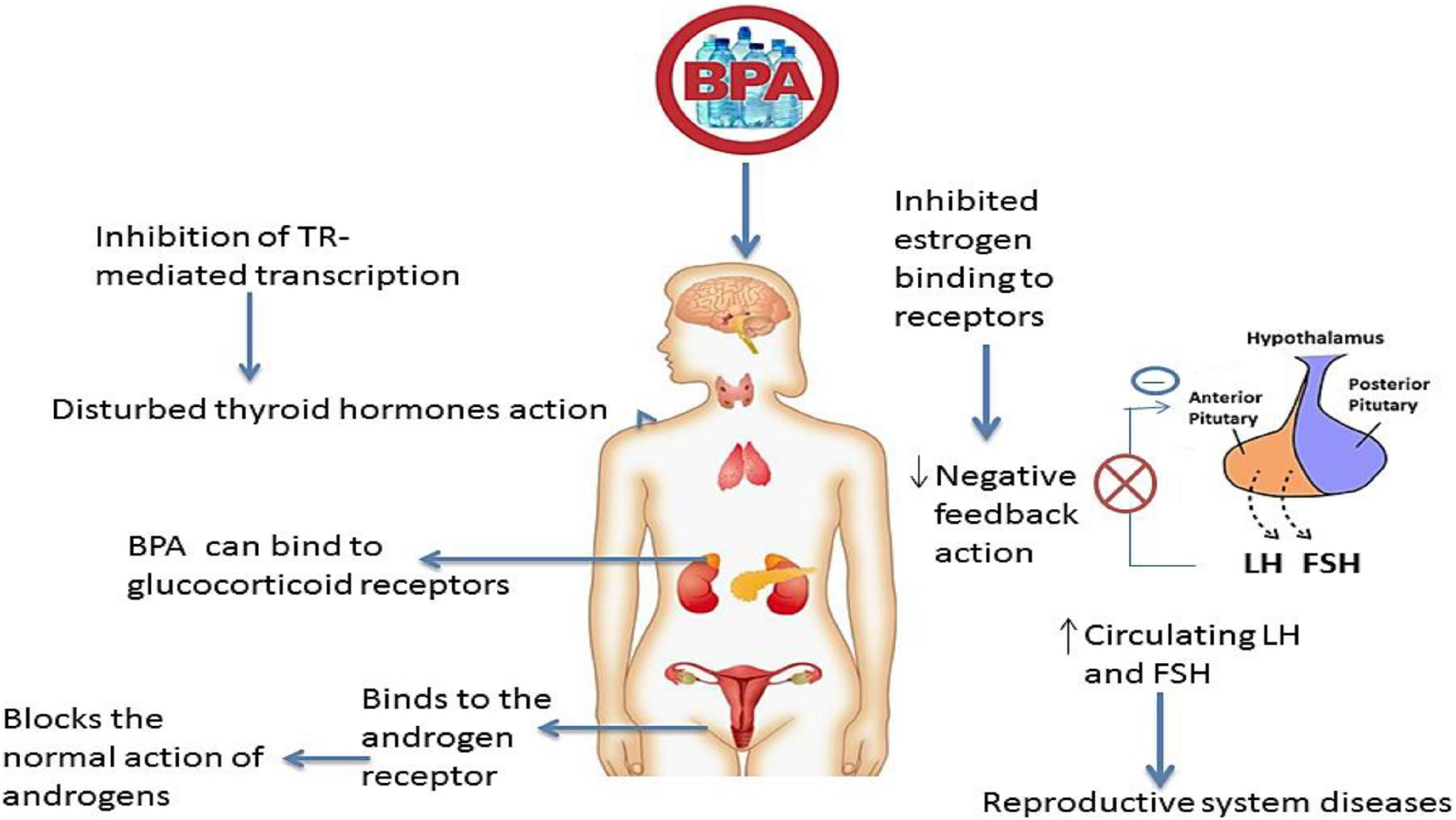
Frontiers An insight into bisphenol A, food exposure and its adverse effects on health: A review
6 Everyday Things That Contain BPA To Avoid To Reduce Risk of Miscarriage - ReUnite Rx
Hidden Sources of BPA Exposure in Food, Cans and Plastics
Food And Beverage Cans Prop 65 Safety Sign MCAW346
 Momentum Bra
Momentum Bra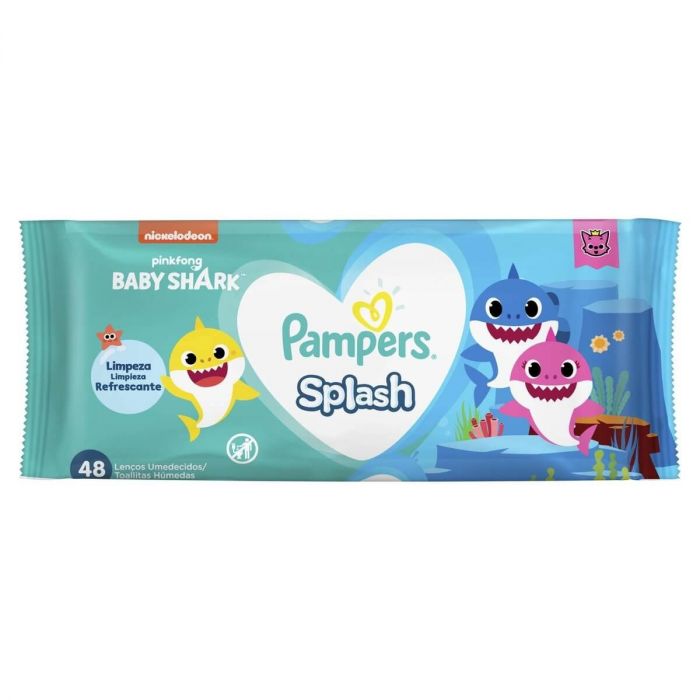 LENÇO UMEDECIDO PAMPERS SPLASH BABY SHARK COM 48 UNIDADES
LENÇO UMEDECIDO PAMPERS SPLASH BABY SHARK COM 48 UNIDADES Laced Bikini Modal Panty - Peach – Prag & Co
Laced Bikini Modal Panty - Peach – Prag & Co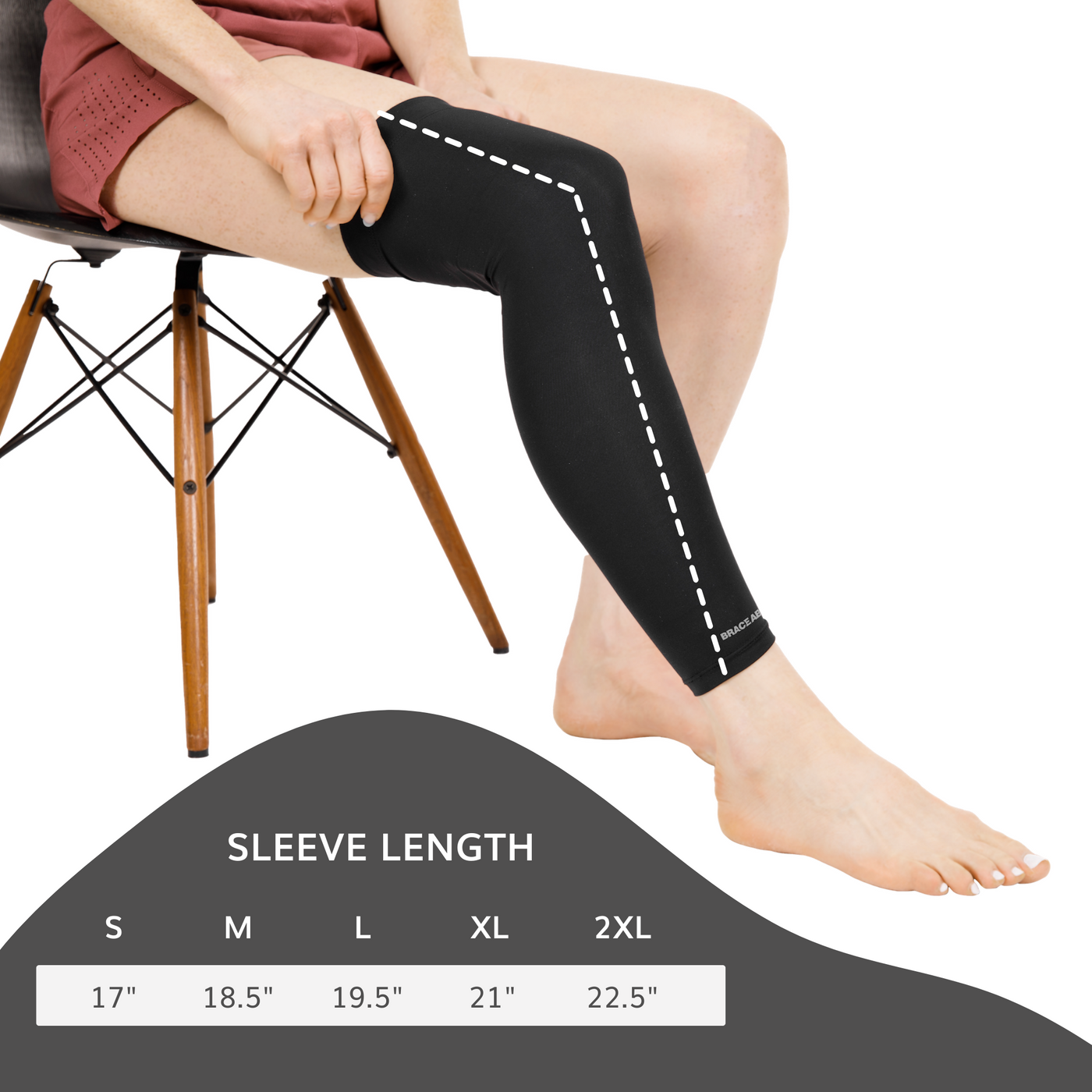 Full Leg Compression Sleeve Copper Calf and Thigh Support
Full Leg Compression Sleeve Copper Calf and Thigh Support Ashley Graham x Knix Active — AMY OSBURN CREATIVE DIRECTOR
Ashley Graham x Knix Active — AMY OSBURN CREATIVE DIRECTOR Kamo Fitness Ellyn Tank Top Crop Sports Bra for Women Soft Padded Built-in Bra Longline Yoga Running Workout
Kamo Fitness Ellyn Tank Top Crop Sports Bra for Women Soft Padded Built-in Bra Longline Yoga Running Workout